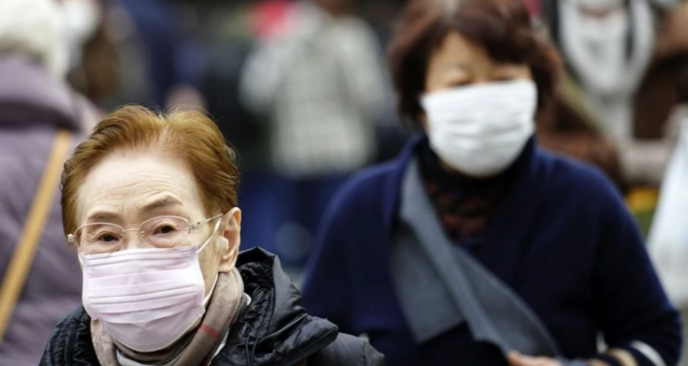Chinese state media confirms its first reported case for Shanghai
Meanwhile, Beijing reported two confirmed cases hours ago as the number of people infected by the new virus in China having more than tripled since the weekend.
For some context, the infection – which happens to be a strain of coronavirus, leading to cases of pneumonia – first appeared in Wuhan last month.
If you’re wondering why this sounds familiar, it’s because the Sars virus is also a strain of coronavirus and health officials in China have so far said analysis of the genetic code of the new virus closely resembles that of the Sars virus.
This may not be something that has a direct influence on markets but just be wary that fear can take shape in many different ways. The ebola virus outbreak case back in 2014 serves as a good reminder of that, causing the equities market to shudder a little.
So far, outside of China there have been one confirmed case in South Korea, two in Thailand, and one in Japan – with regards to the new virus.


